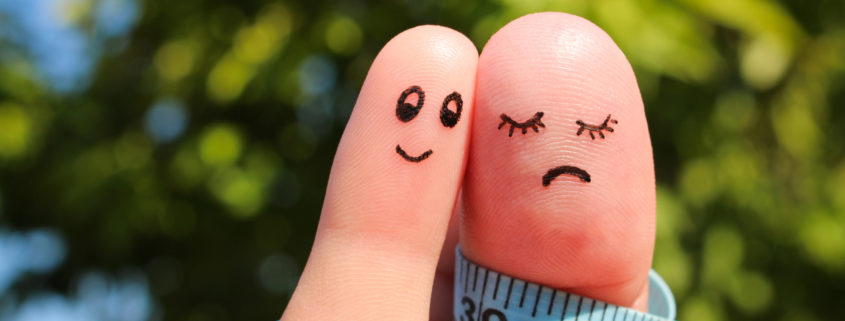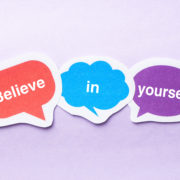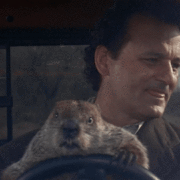Lessons Learned From the Former ‘Fat Boy’: Tackling Childhood and Adolescent Obesity
Rumor has it the incidence of childhood and adolescent obesity has reached epidemic proportions in this country. That would stand to reason, considering the fact that obesity has also become rampant within the adult population.
In other words, the kids ain’t driving themselves to the grocery store.
I am neither a physician nor a psychologist, so nothing I would ever say about weight and wellness should ever be mistaken for professional advice, especially when it comes to childhood and adolescent obesity.
But I have lived through both, and although it has been nearly 40 years since I experienced my transformative weight loss, I will never forget what it was like to be young and overweight. I will never forget what it was like to be the “fat boy.”
It was a different day and time. Soda was not dispensed in massive vessels and free refills were not an option. Chips and salsa were not provided the moment we sat down at a restaurant. Fast food chains were not in competition to see which one could pile the most meat and cheese on a sandwich, and buffets were few and far between.
Signage boasting “AUCE” (all you can eat) was non-existent.
And yet, even as a very active child and teenager, I managed to develop a serious weight problem. The deck was somewhat stacked against me, coming from a family of six in which everyone but my mother battled weight issues at some point in their lives, if not throughout their entire lives.
Still, at some point, a person has to own the problem. I was 15 when this dawned on me, and although I went through years of trial and error before achieving a desirable weight, I learned the basic equation for losing weight that remains true to this day:
The less you eat and the more you exercise, the more weight you will lose and the better you will feel.
That last part is very important, because no child or teenager should ever feel like it is incumbent upon them to lose weight in order to look better; their objective should always be to feel better and, subsequently, live a healthier and happier life.
My greatest regret in all of this is that I didn’t lose weight sooner. I wish it had dawned on me that when I reached the 200-pound mark in the eighth grade, as overweight as I may have been, it would have been OK if I had simply stopped gaining weight.
I wish someone had told me to let my height catch up with my weight.
Whether I would have listened or taken the advice is highly debatable. It was not a subject that was easily broached with me, nor is it something that any young person will ever feel comfortable discussing. That, I am certain, is something that hasn’t changed.
But we have to try. We have to be supportive and we have to be encouraging. We never know what a child or teenager will take to heart, but rest assured they are always listening, and they are always watching.
I must confess that I have no children. When it comes to the responsibilities of parenthood, I’m sitting in the cheap seats. Nevertheless, I care as much as one human being could possibly care about the welfare of our young people, and all people for that matter. My sole motivation for writing these columns on weight and wellness is to help someone help themselves in whatever way possible.
God has kept me alive this long for a reason. Maybe this is it.
To that end, parents, I resend the cheap shot that I directed toward you at the outset. Embarrassment and ridicule never helped anyone of any age, especially when it comes to the pursuit of a healthy lifestyle.
But I am convinced that adults, and especially parents, are an essential part of both the problem and the solution. Children and teenagers are influenced more than we might wish to believe by the lives we live and the examples we set.
They may not follow us step for step, but they are more likely to find the right road if we find it and travel it first. It may not be easy, but it’s really not all that complicated either.
It all comes down to love. Be they a child or a teenager, or anyone for that matter, just love them until they learn to love themselves.
Russell Rawlings serves as director of communications for the North Carolina Bar Association and welcomes every opportunity to write and talk about wellness, weight and walking.









